Recyclopedia: Can I recycle it?
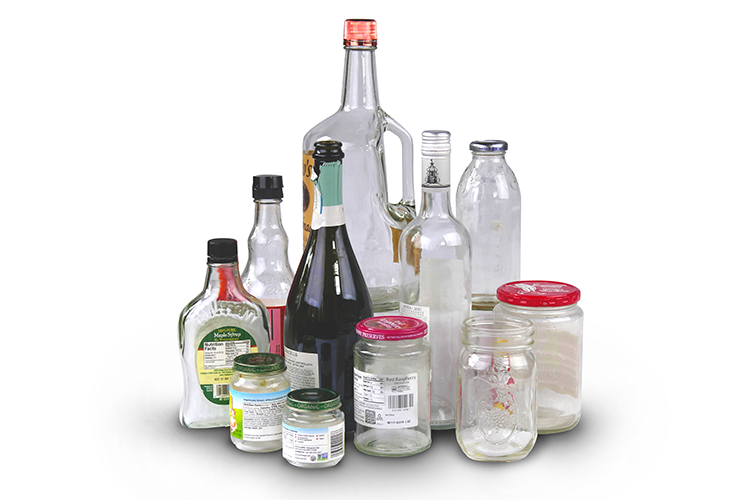
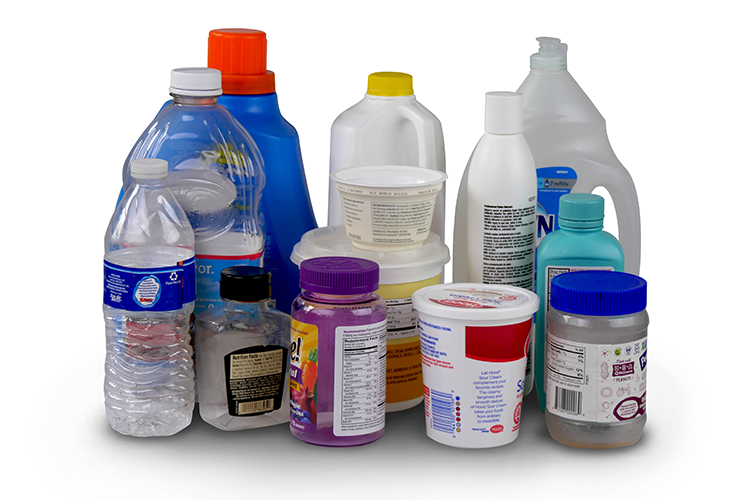
Correct! Oops!
If it's a clean plastic bottle, jug, jar or tub, it's recyclable in Massachusetts.
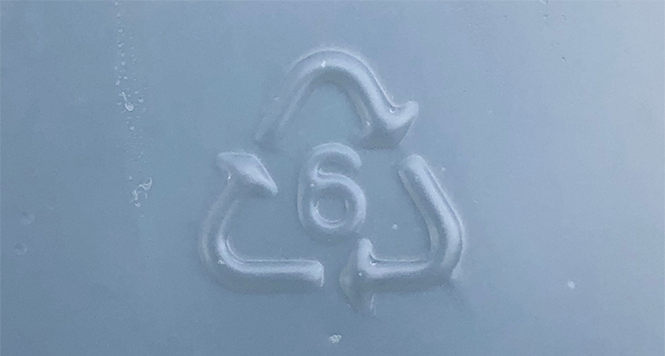
Correct! Oops!
The number in the triangle doesn’t mean it’s recyclable. A better indicator is the shape of the item. If it’s a bottle, jar, jug or tub, put it in your household recycling bin. If in doubt, check the Recyclopedia.
Recycling facilities are designed to sort hard plastic containers. They cannot handle odd-shaped plastics (like toys or plastic furniture), very small items (less than two inches), or plastics that are flexible – like bags and wrap.
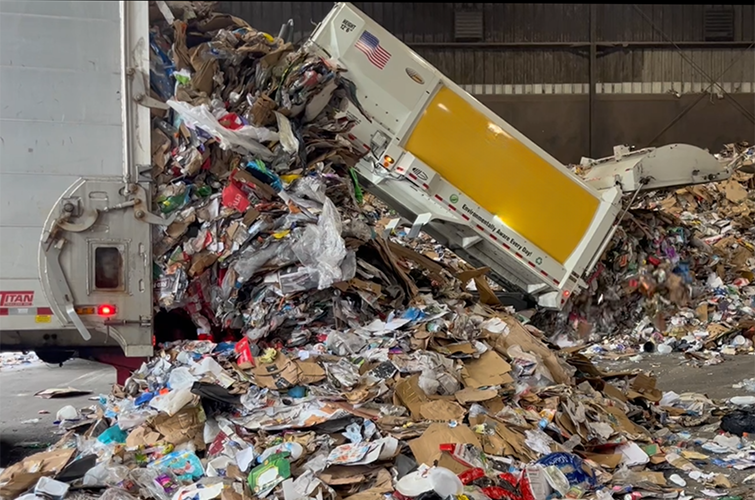
Correct! Oops!
Recyclables are sorted both by hand and machines at the recycling sorting facility before they are baled and sold to companies that clean and convert them into new products. By Recycling Smart you help keep the workers at the sorting facility safe.
Correct! Oops!
Yes, it’s metal, but the sorting equipment at the recycling sorting facility is not designed to handle metal items that aren’t container-shaped (cans and bottles). Bike wheels, clothes hangers, broken gutters and even old frying pans (aka “scrap metal”) are not OK in your household recycling bin.
Search the Beyond the Bin directory to find a scrap metal drop-off site or visit your municipality’s recycling web page.
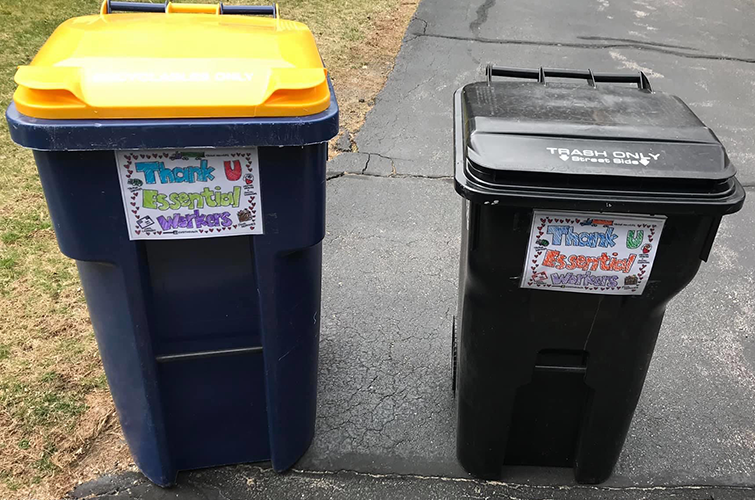
Correct! Oops!
Recycling conserves energy, reduces air and water pollution, reduces greenhouse gases, conserves natural resources and provides nearly 14,000 jobs in Massachusetts.
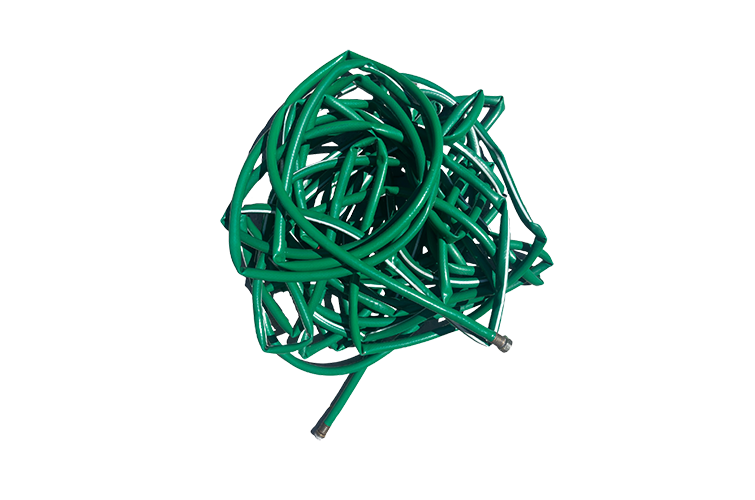
Correct! Oops!
Old hoses and other "tanglers" like ropes, chains, and cables do not belong in the recycling bin. These items get caught in the equipment at the recycling sorting facility — shutting down the machines and potentially causing worker injury.
Donate items in good working condition or throw “tanglers” in the trash bin.
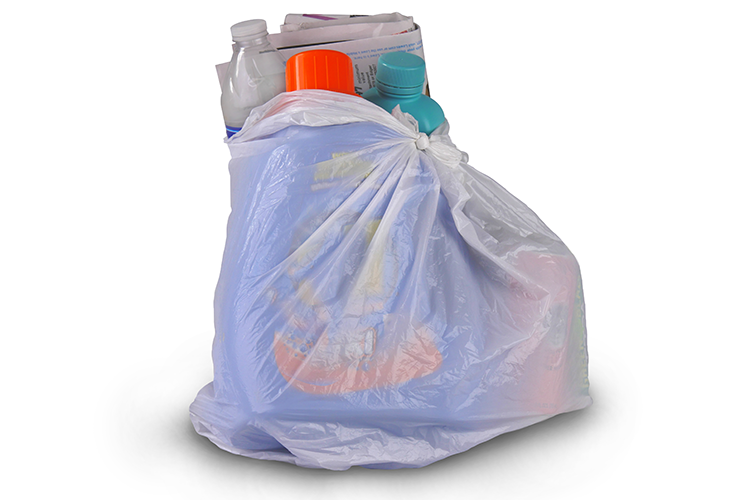
Correct! Oops!
Don't bag your recyclables, place items loose in your recycling bin.
That bag might be full of good recyclables but when it reaches the recycling sorting facility it will be tossed in the trash. Workers on the sorting line don’t have time to break open bags. It’s also a safety hazard.
Many supermarkets and other retailers accept plastic bags and wrap for recycling.
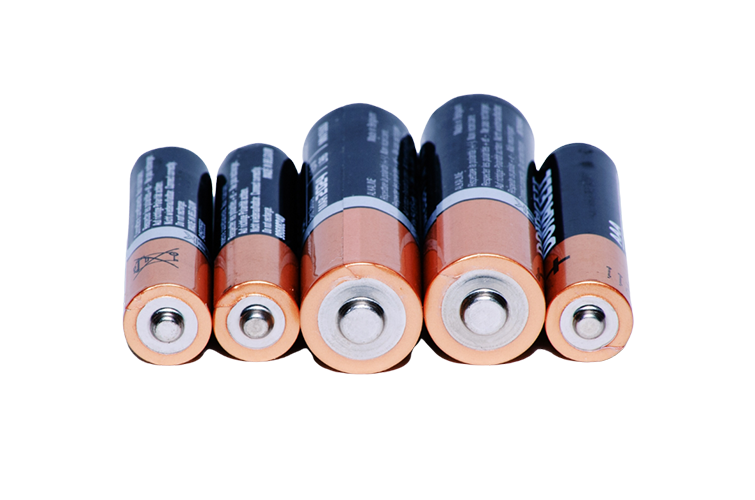
Correct! Oops!
Batteries - whether single-use or rechargable - should never go in the recycling bin.
Regular household batteries (AA/AAA/C/D/9 volt alkaline batteries) are safe to put into your trash, but lithium-ion batteries and rechargeable batteries from computers, power tools and cell phones require special handling. These batteries are serious fire hazards in both trash and recycling collection vehicles. Download this Battery Disposal Guide for more details.
Contact your municipality or visit Call2Recycle’s website to find drop-off sites near you.
Correct! Oops!
Plastic wrap, like the kind around paper towels, toilet paper, or bottled water, does not belong in the recycling bin. Just like plastic bags, plastic wrap gets tangled in machinery and can shut down equipment at the recycling sorting facility.
Plastic wrap can be recycled along with plastic bags, at many local retailers.
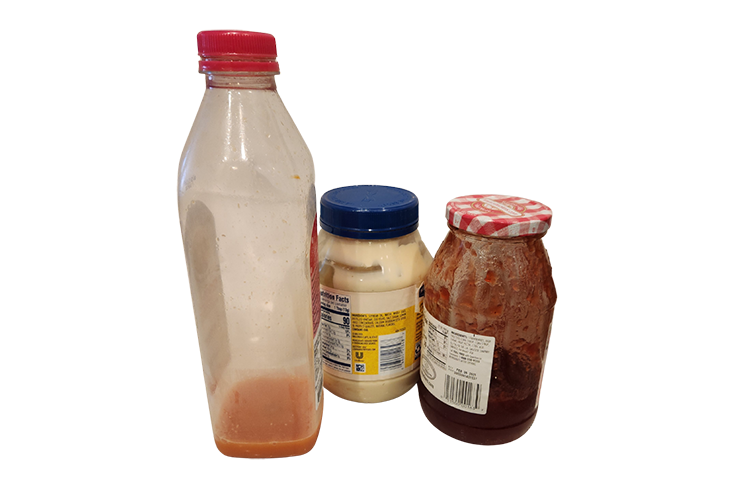
Correct! Oops!
Bottles and containers don't need to be spotless, but they do need to be empty and free of most food residue. A quick wipe or rinse does the trick. The goal: keep food and liquid from spoiling paper and cardboard.
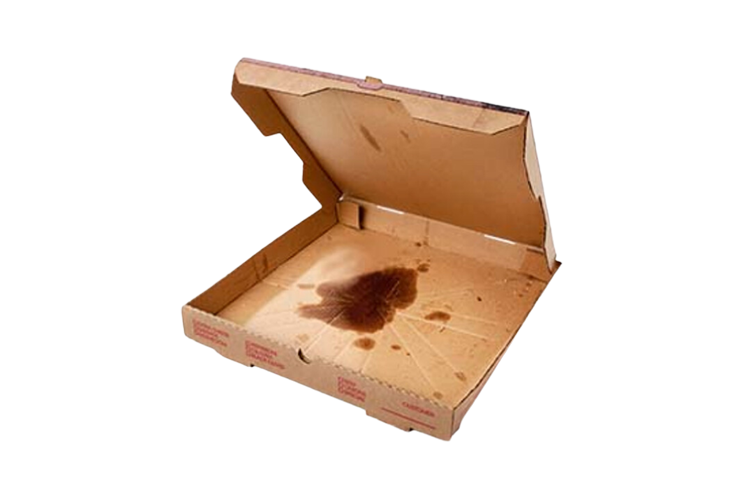
Correct! Oops!
EMPTY pizza boxes can be recycled.
Remove all food and pizza savers (plastic tables) before placing the box in the recycling bin. Grease is okay. Paper recycling mills have assured us that grease on a pizza box does not interfere with the paper making process.

Nice! Now you know how to do your part and recycle smart!
Challenge your family, friends & co-workers to play along and test their recycling smarts.
Ready for the next challenge? Level up with Quiz 2.0!
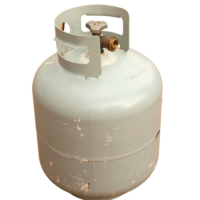
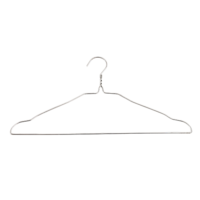
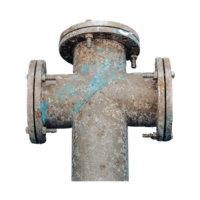
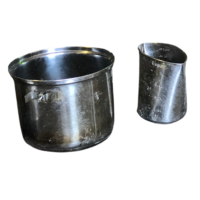
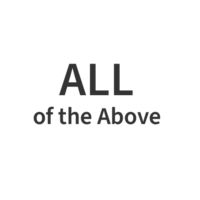
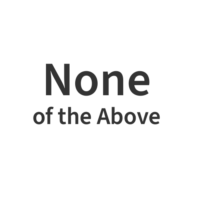
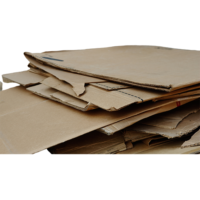
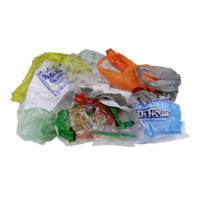
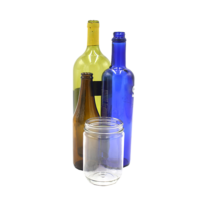
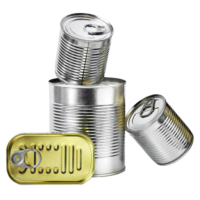
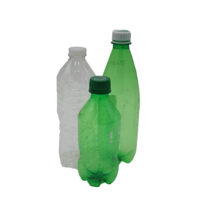
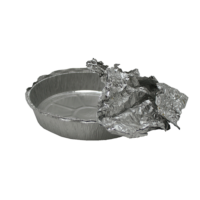
Correct! Oops!
Lids and caps should be placed back on the bottle, jar, jug or tub before recycling. This is true even if they are a different type of material. (i.e. a metal lid on a glass jar). Loose lids and caps will literally fall through the cracks at the recycling sorting facility.